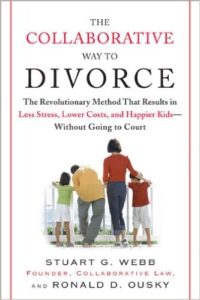Collaborative Law Process Act Protects Families’ Privacy
Last Friday, the Florida Senate passed its version of HB-967, the Collaborative Law Process Act, priming Florida to become the 14th state to pass a version of the Uniform Collaborative Law Act.
The bill, which was voted on in the Florida Senate by 39-0 after passing the Florida House last month by 117-0, is now enrolled and expected to be signed by the governor. At the earliest, the Collaborative Law Process Act becomes binding on July 1, 2016. However, it may take longer, as the bill itself states that it will not go into effect until 30 days after the Florida Supreme Court adopts Rules of Procedure and Rules of Professional Responsibility consistent with the bill. It is my understanding that proposed rules have been provided or will be provided to the Supreme Court.
[Update: On March 24, 2016, Governor Scott Signed the Collaborative Law Process Act]
The Collaborative Law Process Act, which applies to divorce, paternity, and other family law matters, does several things:

 Stuart G. Webb & Ronald D. Ousky, The Collaborative Way to Divorce: The Revolutionary Method That Results in Less Stress, Lower Costs, and Happier Kids – Without Going to Court (Plume 2007).
Stuart G. Webb & Ronald D. Ousky, The Collaborative Way to Divorce: The Revolutionary Method That Results in Less Stress, Lower Costs, and Happier Kids – Without Going to Court (Plume 2007).

